New Delhi, Aug 13, 2024: On the occasion of the International Youth Day, various experts have highlighted the growing opportunities in the social development sector, where Indian youth can not only achieve financial success but also contribute significantly to societal betterment.
International Youth Day is celebrated on August 12. The day provides an opportunity to discuss the critical role young people play in driving societal progress. With 46.9 per cent of India's population under the age of 25, the country has a tremendous opportunity to harness the potential of its youth, empowering them to contribute to sustainable, inclusive development.
“These days, there are immense opportunities for young people who want to enter the social sector beyond working for NGOs. The social sector allows youngsters to understand grassroots-level problems and come up with meaningful solutions. An upcoming and interesting space includes roles in impact investment funds, ESG and SDG-focused companies, and various government bodies. In terms of domains, there are policy-based roles, gender or education-focused positions, and recently, more emphasis has been placed on climate change and action. This sector also provides tremendous cross-country learning opportunities. Working in the social sector can be extremely rewarding if you are passionate about it, and you can climb up the career ladder to become a domain expert,” says Dr Kalpana Sankar, Chairperson and Managing Trustee, Hand in Hand India.
Notably, India’s social development sector has undergone significant transformation over the years. With the growing need to balance economic progress with social development, the sector is garnering attention from corporates, investors, academia, and governments. This is evident from an industry report stating that over the last five years, India’s social sector spending has experienced robust annual growth of 13% and stands at approximately Rs 23 trillion ($280 billion) in FY 2023 (8.3% of GDP), creating significant opportunities in the sector.
Dr Arulsamy, Faculty - Sustainable Livelihoods and Cross-Cultural Management, Great Lakes Institute of Management, Chennai, said, “Today's social development landscape offers myriad career paths beyond traditional NGO roles. The rise of impact investment funds, ESG-focused companies, and government initiatives demonstrates that there are abundant opportunities for young professionals committed to driving meaningful change. The emerging opportunities in the social sector can include poverty alleviation, addressing climate change, reducing educational inequality, promoting human rights, and more. There is a growing trend of individuals and organizations establishing social enterprises focused on renewable energy, waste management, and sustainable agriculture, among other areas.”
Areas such as impact investment funds, ESG (Environmental, Social, and Governance) and SDG (Sustainable Development Goals) focused companies, and various government bodies are unlocking new possibilities. Highlighting the emerging career opportunities in this field, experts share that in terms of domain, there are policy-based roles, gender or education-focused positions, and opportunities in social startups. There has been a greater emphasis on climate change and action, further expanding career prospects.
Prof Gopal V Wamane, Program Director, Dept of Economics and Public Policy, School of Economics and Commerce, MIT World Peace University, Pune, said, “The social sector is witnessing a surge in career opportunities driven by an increasing focus on sustainable development, social equity, and community well-being. Emerging roles include Social Impact Analysts, Community Development Managers, Sustainability Consultants, and Public Policy Advocates. According to research, India's social sector is massive, with 3.3 million non-profit institutions (NPIs) providing jobs for over 18.22 million people. With the rise of Corporate Social Responsibility (CSR) and Environmental, Social, and Governance (ESG) frameworks, professionals are also in demand in areas such as CSR strategy, ESG reporting, and social entrepreneurship.”
Gauging the growth trends in the social development sector and preparing aspiring individuals to build promising careers, educational institutions are expanding their offerings with various undergraduate and postgraduate degree and diploma courses. Courses on environmental management, sustainable management, public policy, and public administration are being offered by multiple colleges and universities, including elite institutions such as IIMs, IITs, and other reputed B-schools.
“While courses in environmental management and sustainability management focus on the implementation aspect, public policy and public administration courses provide a more broad-based, policy-focused approach to sustainability. Additionally, there is an ever-expanding pool of paid and a few free certification courses being offered by universities, institutions, and EdTech companies, pertaining to ESG and BRSR reporting and compliance, which help add to the skill mix of career aspirants in this sector,” informs Dr Sanghamitra Bhattacharyya, Director of the Centre of Excellence for Sustainable Development and Professor of Organizational Behavior at Great Lakes Institute of Management, Gurgaon.
To aspiring individuals looking to make a career in the social sector, Dr Sankar advises that internships would be a good start to assess if you have the aptitude and attitude to work in the sector. It will also help you understand if you want to do a core grassroots job, work in the CSR space, or take the multilateral route.
Elaborating on the opportunities in the corporate sector and government initiatives, Dr Bhattacharya said, “A troll of popular job search sites and job postings on platforms such as LinkedIn and DevNet Jobs bear testimony to the uptick in internship opportunities that are on offer regularly, including from some of the top names in the corporate sector. Additionally, for students keen to work on urban sustainability issues, the Government of India has introduced the TULIP (The Urban Learning Internship Programme) – a joint initiative by AICTE and the Ministry of Housing & Urban Affairs, where students and fresh graduates can work directly with city administrators and Urban Local Bodies on various developmental projects. This experiential learning helps hone students’ problem-solving and critical thinking skills, as well as skills in field-based research work, making them attractive hires for corporates looking to recruit a skilled workforce for their sustainability domains.”




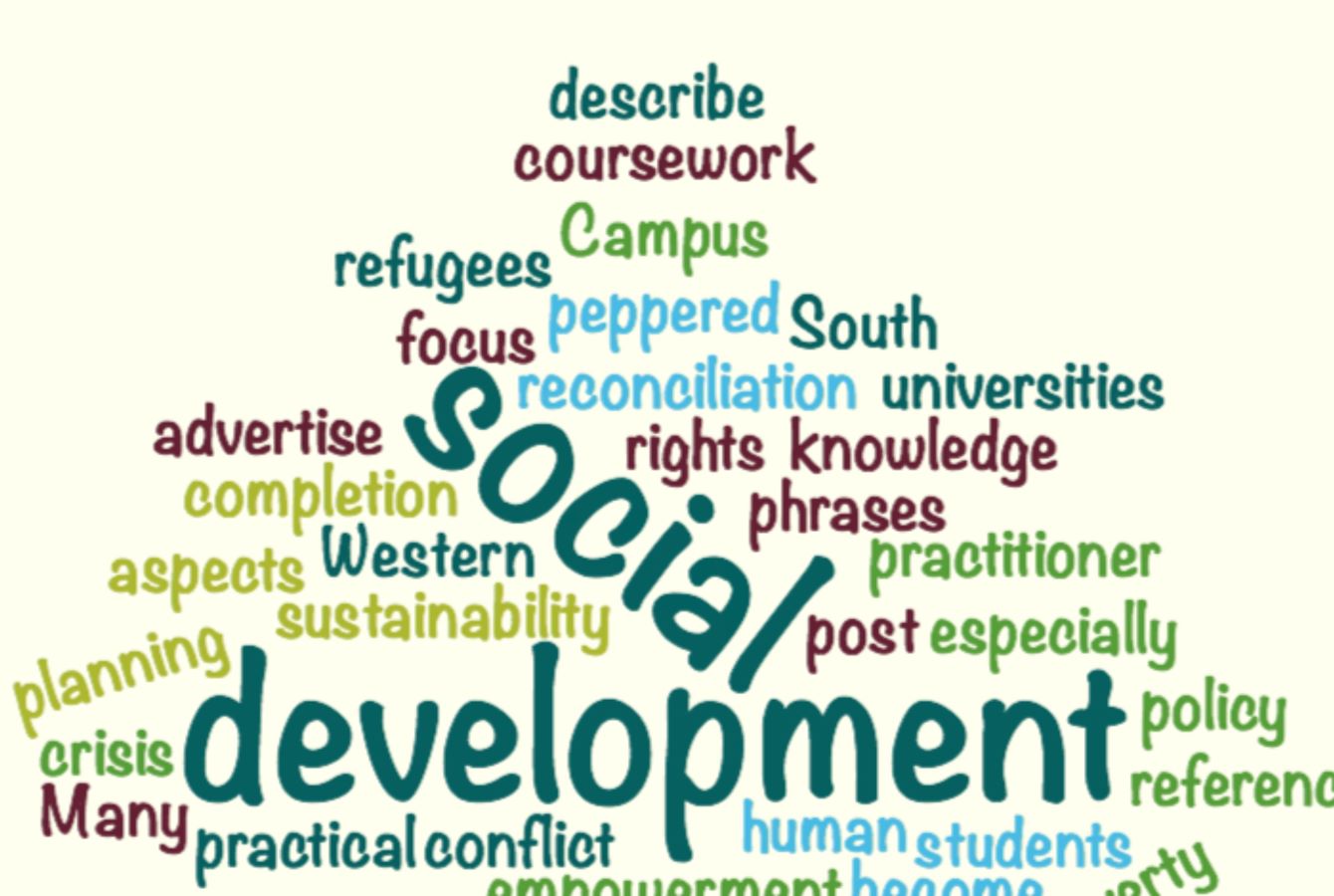

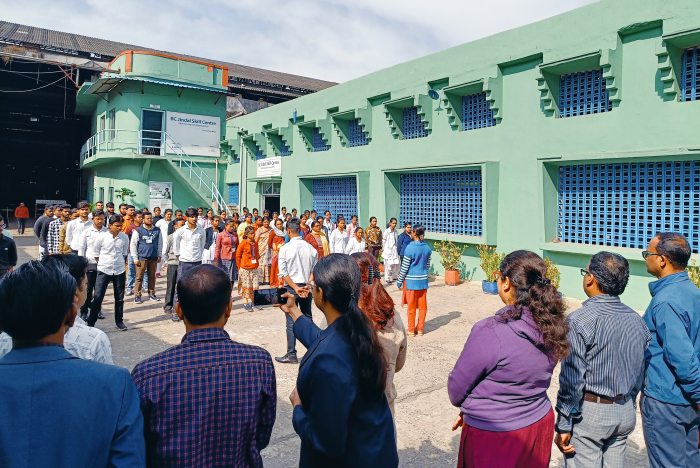
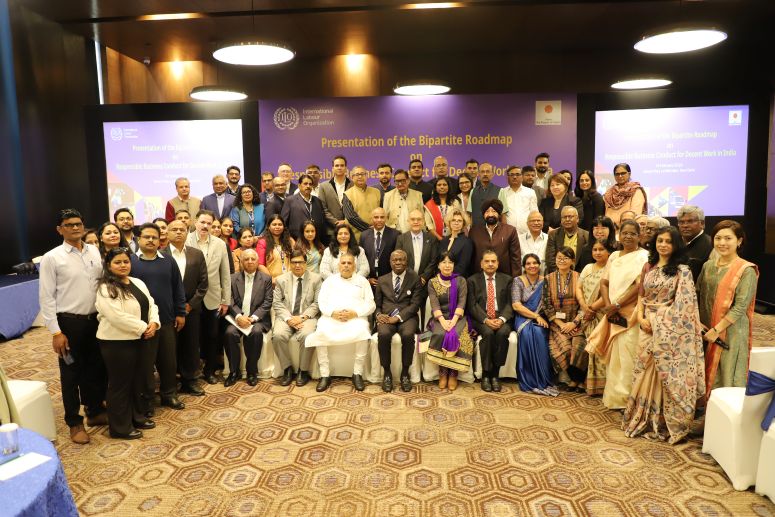
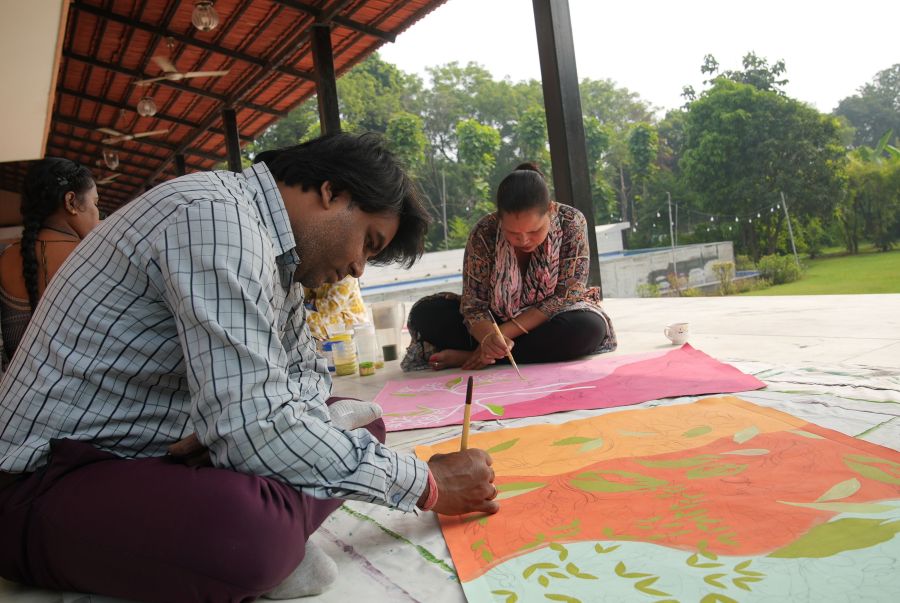
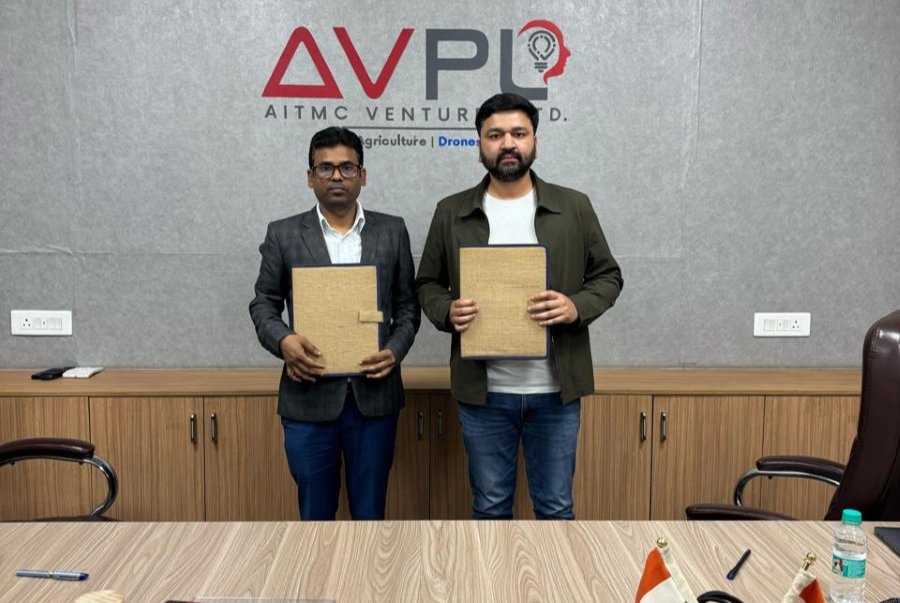
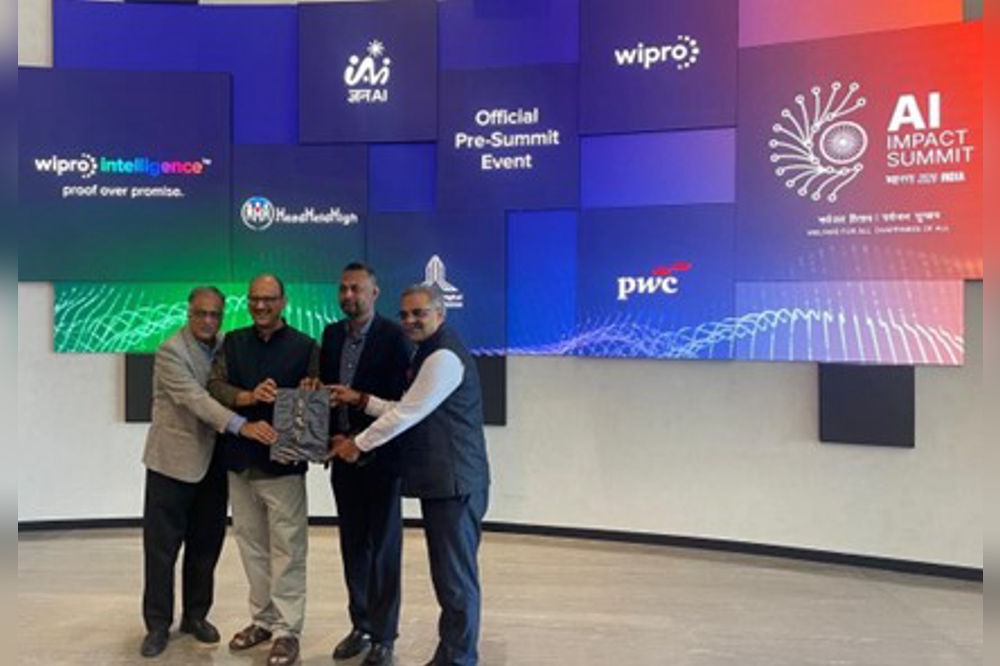
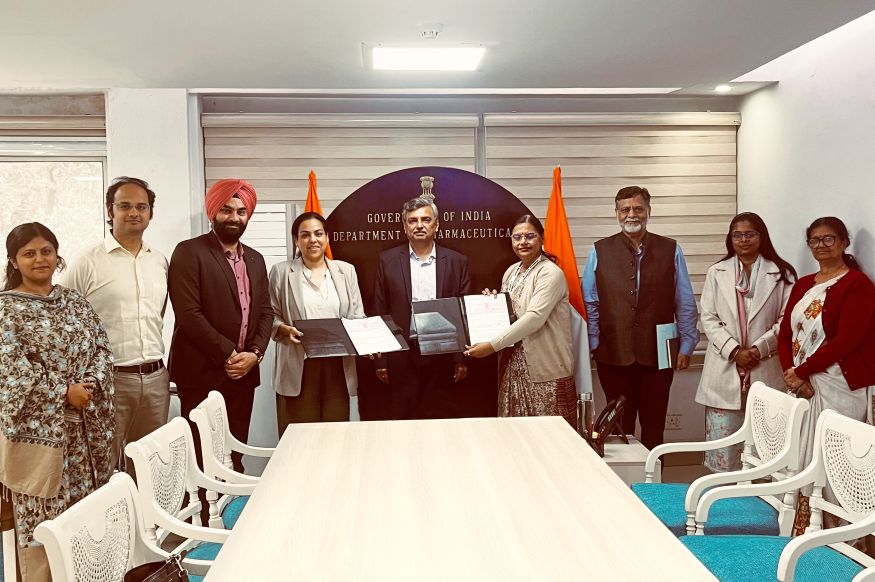







.jpg)



